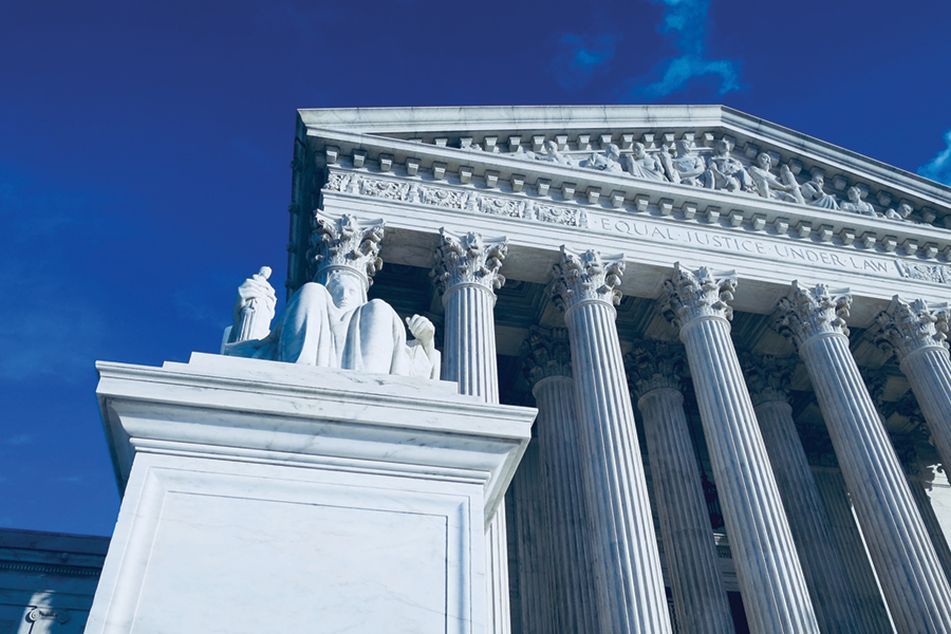Supreme Court rejects challenge to SEC ‘gag order’ Musk opposed

The case stems from a challenge by a former Xerox CFO, Barry Romeril, who sued for the ability to deny SEC fraud allegations after he signed a settlement with the agency in 2003.
The Supreme Court Tuesday rejected a challenge — backed by Elon Musk and Mark Cuban — of the SEC’s power to “gag” parties who settle with the agency.
The case stems from a challenge by former Xerox Corp. chief financial officer Barry Romeril, who sued for the ability to deny the Securities and Exchange Commission’s fraud allegations after he signed a 2003 settlement with the agency.
Romeril asked the high court to weigh in on whether his SEC deal, including a “no-deny” provision he referred to as a “gag order,” violated First Amendment free speech protections or constitutional guarantees of due process.
Musk, who last week appealed a ruling upholding his own settlement with the agency, joined an April amicus brief in support of Romeril’s petition. Musk’s “Twitter sitter” SEC deal calls for a Tesla Inc. attorney to screen all of his tweets related to the automaker after his 2018 missive indicating he had secured funding to take the company private.
Romeril’s settlement, which included more than $5.2 million in disgorgement, interest and a civil fine, followed a 2003 case in which the SEC accused some Xerox executives of manipulating the printer company’s earnings reports. The deal also permanently barred Romeril from serving as a public company officer or director.
There’s “no merit” to Romeril’s due process claims, the Court of Appeals for the Second Circuit said in a 2021 opinion. The no-deny provision, which he first sought to strip from the settlement in 2019, didn’t “violate the First Amendment because Romeril waived his right to publicly deny the allegations,” the Second Circuit said.
Romeril’s March 21 petition argued that the 50-year-old SEC requirement that settling defendants permanently refrain from denying the agency’s allegations is “unmoored from well-established constitutional doctrine.”
Romeril can’t reopen the settlement at this point, but “even if the lawfulness of the no-deny provision were properly before the Court, petitioner’s First Amendment challenge lacks merit,” the SEC said in its May 23 opposition brief. He “identifies no circuit that has held such a provision unconstitutional,” so “further review is not warranted.”
The New Civil Liberties Alliance and Cahill Gordon & Reindel represent Romeril.
The case is Romeril v. SEC, U.S., No. 21-1284, petition denied 6/21/22.
Learn more about reprints and licensing for this article.








